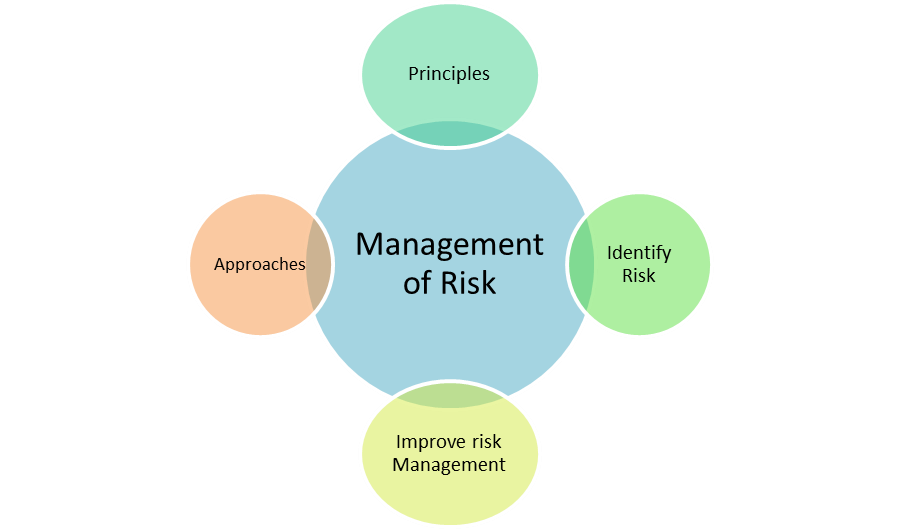Newcastle
Newcastle upon Tyne is also known as Newcastle is a city located in North East of England. Newcastle is 166 km south of Edinburgh, 466 km north of London on River Tyne northern bank. It is a populous city in Northeast and also forms the core of Tyneside conurbation. This core of Tyneside is the eighth most populous urban area in the United Kingdom. Earlier, Newcastle was part of Northumberland County until 1400 when it became country itself. Newcastle is a home to Newcastle University. University is a member of Russel group and Northumbria University.
The city was developed during ancient settlement. Newcastle got its name after a castle built in 1080 by Robert Curthose. It grew as an important wool trade centre in the 14th century and later as major coal mining area. In Newcastle port was developed in the 16th century. Shipyards down the River Tyne was among the world largest shipbuilding as well as ship repairing centres. Newcastle economy includes digital technology, tourism, retail, cultural centres, corporate headquarters and learning. With the help of these city contributes 13 Billion Euro toward GVA of United Kingdom. Icons of Newcastle are Tyne Bridge and Newcastle United Football.
History
Electric trams started in Newcastle upon Tyne streets in 1901. Later these trams were replaced by buses. In 1901 Laing Art Gallery was established. Shipley Art Gallery was opened in 1917. The first cinema in Newcastle was opened in 1909. In 1900 Redneugh Road Bridge was built. In 1906 King Edward VII Railways Bridge was established. In 1925 Hatton Gallery was founded and In 1928 Tyne Bridge, a Suspension bridge was erected. In 20th-century coal exports decreased. In 1956 last coal mine that was located within boundaries of Newcastle was closed. Shipbuilding also decreased. During 1930’s mass unemployment occurred in Newcastle. In 2000 Life Science Centre was opened and In 2001 Millennium Bridge was opened. The present population of Newcastle Upon Tyne is 284,000.
Economy
During the 19th century, Newcastle played a significant role in the industrial revolution. Newcastle was leading centre for shipbuilding, coal mining, engineering, manufacturing and munitions. In the second half of 20th century, heavy industries declined. The city is known for its commitment to environment related issues. A programme was planned for Newcastle to become ‘the first Carbon Neutral town’. These plans slowly slipped, and now it hopes to become carbon neutral by 2050. Newcastle is a commercial and educational focus for North East England. The economy of Newcastle contributes around 13 billion Euros to UK GVA. Central Business District is situated in the Centre of the city. This is bounded by the central station, Haymarket and Quayside areas.

 ENQUIRE
ENQUIRE
 REQUEST CALLBACK
REQUEST CALLBACK
 GET A FREE QUOTE
GET A FREE QUOTE


 Introduction
Introduction Course Details
Course Details Course Content
Course Content






 London
London